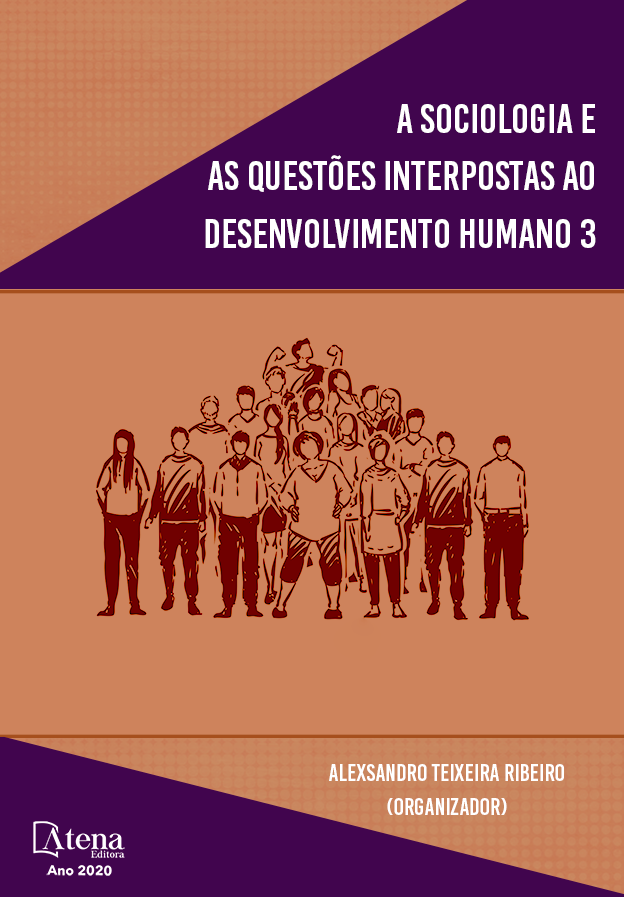
A PROSTITUIÇÃO SOB ESCRUTÍNIO: QUANDO OS PROJETOS ANTIPROSTITUIÇÃO DO FEMINISMO ABOLICIONISTA E DE RELIGIOSOS CRISTÃOS CONVERGEM NO BRASIL
Neste ensaio acadêmico, proponho discutir sobre a articulação entre os projetos antiprostituição de grupos religiosos e do feminismo abolicionista no Brasil; bem como os desdobramentos de uma possível proibição/criminalização da prostituição para as trabalhadoras sexuais no país. Grupos com base política entre os religiosos cristãos têm promovido ataques sistemáticos à prostituição, no intuito de criminalizá-la se apropriam de determinadas pautas e ressignificam a gramática de feministas contrárias ao trabalho sexual, afim de garantir a manutenção da ordem moral e a integridade da família cristã. Ainda que os projetos de sociedade de ambos os grupos sejam distintos, a adesão à política antiprostituição de religiosos cristãos é expressiva entre feministas abolicionistas no Brasil, mesmo que não seja feita nenhuma referência a respeito dessa convergência ideológica especifica. A retórica salvacionista do feminismo abolicionista, que universaliza a imagem da prostituta como vítima a ser “resgatada” da condição de vulnerabilidade diante a opressão masculina, encontra afinidade em um processo complexo de aproximação/distanciamento com a narrativa religiosa cristã de preservação de determinados valores morais da família e do cristianismo. A regulação moral e legal imposta por uma eventual proibição/criminalização da prostituição reforçaria ainda mais o estigma, negando todo tipo de aproximação e semelhança com a prática desta atividade. Mesmo que o ordenamento jurídico venha a proibir/criminalizar a prostituição, este segmento do trabalho sexual não deixará de existir, mas passará por um processo de marginalização e clandestinidade ainda maior, possibilitando a proliferação de redes de exploração sexual que se beneficiam da condição de ilegalidade do trabalho sexual.
A PROSTITUIÇÃO SOB ESCRUTÍNIO: QUANDO OS PROJETOS ANTIPROSTITUIÇÃO DO FEMINISMO ABOLICIONISTA E DE RELIGIOSOS CRISTÃOS CONVERGEM NO BRASIL
-
DOI: 10.22533/at.ed.38920281016
-
Palavras-chave: Prostituição; Proibição/criminalização da prostituição; Religiosos cristãos; Feminismo abolicionista; Convergência ideológica.
-
Keywords: Prostitution in Brazil; Prohibition/criminalization of prostitution; Christian religious; Abolitionist feminism; Ideological convergence.
-
Abstract:
In this academic essay i propose to discuss the articulation between the antiprostitution projects of religious groups and abolitionist feminism in Brazil; as well as the consequences of a possible prohibition/criminalization of prostitution for sex workers in the country. Political-based groups among Christian religionists have promoted systematic attacks on prostitution in order to criminalize it, they appropriate certain guidelines and resignify the grammar of feminists opposed to sex work in order to guarantee the maintenance of the moral order and the integrity of the Christian family. Although the social projects of both groups are distinct, adherence to the anti-prostitution policy of Christian religious is expressive among abolitionist feminists in Brazil, even though no reference is made to this specific ideological convergence. The salvationist rhetoric of abolitionist feminism, which universalizes the image of the prostitute as a victim to be “rescued” from the condition of vulnerability in the face of male oppression, finds affinity in a complex process of approximation / distance with the Christian religious narrative of preservation of certain moral values family and Christianity. The moral and legal regulation imposed by an eventual prohibition/ criminalization of prostitution would further reinforce the stigma, denying any kind of approximation and similarity with the practice of this activity. Even if the legal system prohibits/criminalizes prostitution, this segment of sex work will not cease to exist, but will go through an even greater process of marginalization and clandestinity, enabling the proliferation of sexual exploitation networks that benefit from the condition of illegality of sex work.
-
Número de páginas: 15
- Tiago Luís Coelho Vaz Silva


